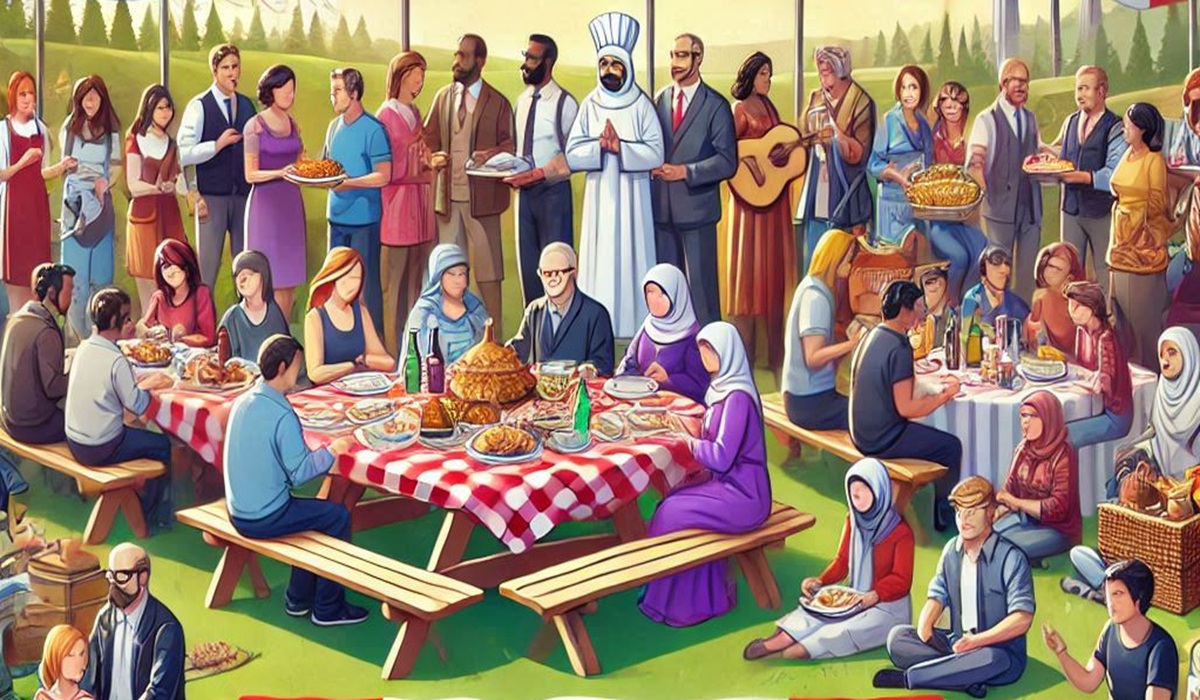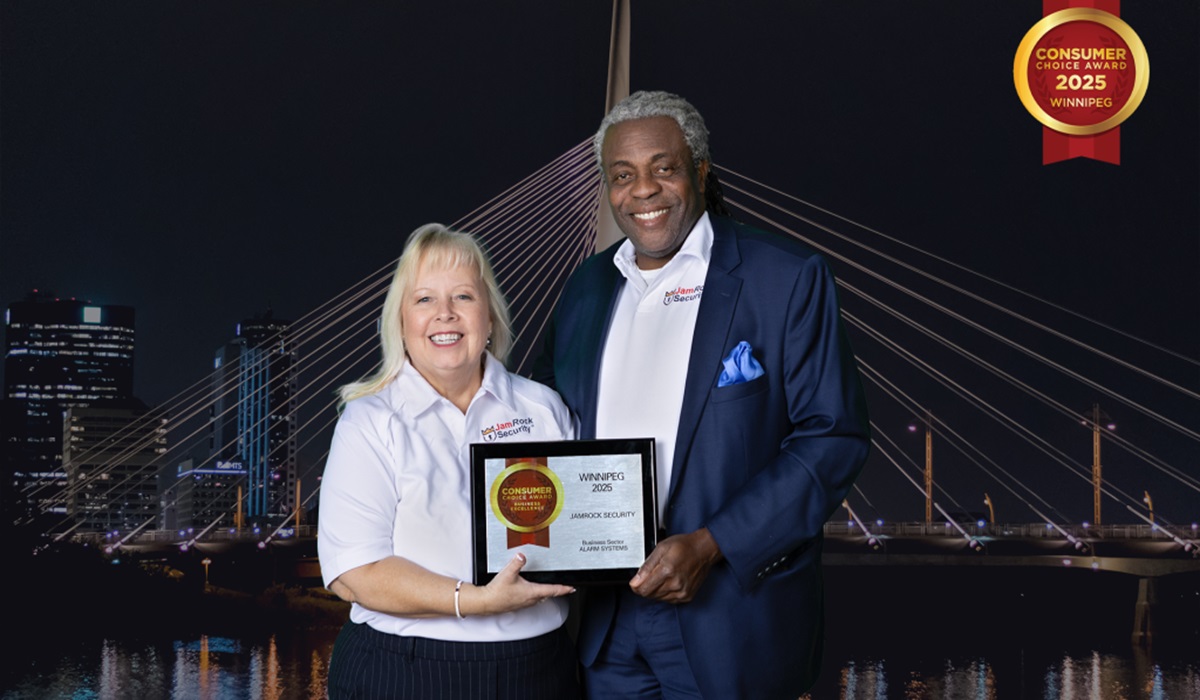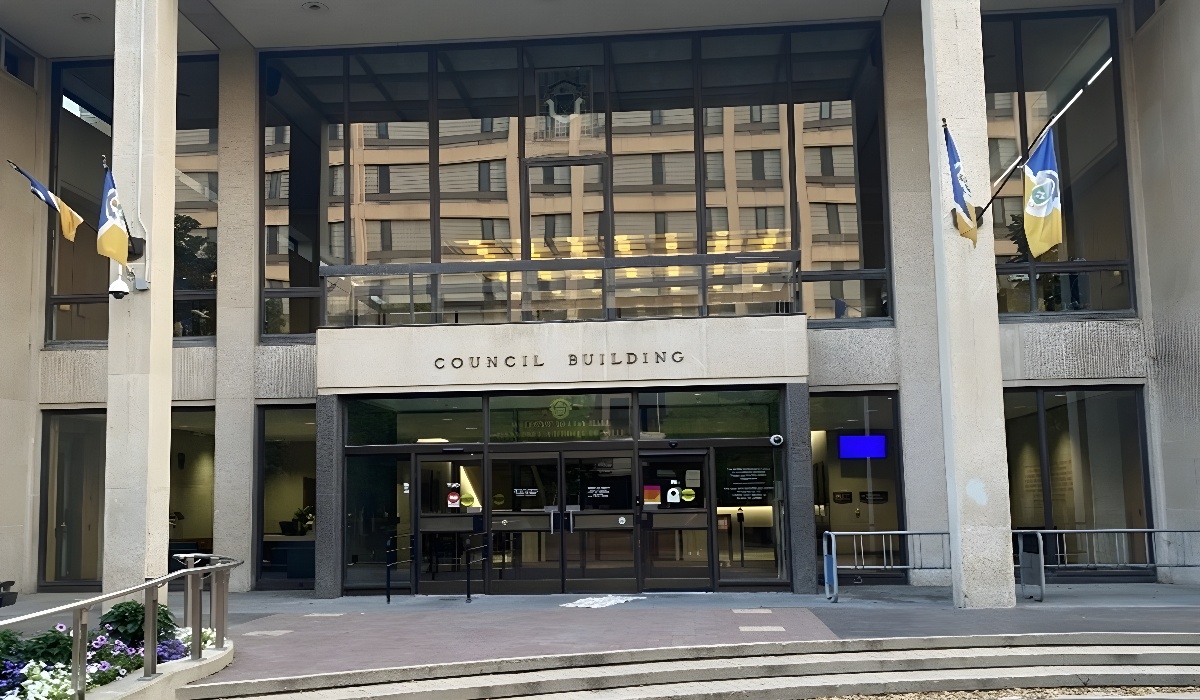Beyond Exclusion: Embracing and Reflecting Canadian Identity
- Anne Thompson
- Western Canada
- January 3, 2025

Beyond Exclusion: Embracing and Reflecting Canadian Identity
Note: As the author, I recognise that this article may not have fully conveyed my intended message. Being human, I am prone to err, and I appreciate the opportunity to learn and improve from this experience.
By Anne Thompson
In recent years, the creation of exclusive spaces for marginalised groups at universities has gained traction, with the intention of providing support and fostering community. Spaces like the recently media-exposed BIPOC Lounge at the University of Winnipeg aim to address the unique challenges faced by Black, Indigenous, and People of Colour. While the intentions behind these spaces are commendable, they might inadvertently perpetuate the very behaviours they aim to oppose.
The purpose of spaces like the BIPOC Lounge is to offer a safe haven where marginalised groups can find solidarity and healing. These spaces acknowledge the historical and systemic inequities that these communities face and aim to provide a supportive environment free from the pressures of the dominant culture. The goal is to foster inclusivity and understanding, recognizing the specific needs and challenges of these groups.
This paradoxical approach risks reinforcing historical injustices. The saying “imitation is the sincerest form of flattery” suggests that mimicking behaviour acknowledges its value. With these exclusive spaces, we choose to imitate exclusionary practices of the past. Historically —as in this day — segregation was a tool of oppression, used to marginalise and disenfranchise. By segregating spaces today, especially when addressing social constructs like race, even with the best intentions, we risk mirroring and therefore tacitly agreeing with and reinforcing this past unjust behaviour.
Imagine telling children that the best way to stop sibling rivalry is to create separate playrooms for each child. Sounds like a peaceful solution, but when we apply this logic to societal issues, we might just be creating more rivalries and less understanding — like building a wall of Lego bricks when we should be playing together and sharing our toys. The impact of exclusive spaces is complex: while they support marginalised groups, they reinforce divisions and hinder broader inclusivity.
Remember the adage, “united we stand, divided we fall”? Dividing into exclusive spaces weakens our collective strength in addressing systemic issues and negative societal constructs, and plays into the hands of supremacist ideologies. This behaviour is akin to children on a playground forming separate, exclusive clubs to resolve their disputes. Rather than fostering unity and understanding, it breeds division and misunderstanding. While the intention might be safety, the result is often more like toddlers arguing over who gets to be the sole ruler of the sandbox, possessing and controlling the toys like little tyrants, rather than playing together harmoniously. This competition for power and control only leads to more conflicts, less cooperation, and ultimately, a fractured community where no one wins.
“Universities have the inherent capacity and potential to help society mobilize to address societal issues. They exist to shape the future, not just respond to it,” says Asima Vezina, President of Algoma University. Post-secondary institutions have long played a leading role in society, serving humanity by finding solutions to the challenges of our world. They are to embody the principles of inclusivity and unity, and set examples for broader society. By supporting these exclusionary spaces that lack responsibility for their impact on society, these institutions risk undermining their mission to foster collaborative and innovative solutions. Until research shows a positive outcome from this imitation of supremacist behaviour, oughtn’t we to ask whether this unguided self-selecting exclusionary behaviour feeds into a victimhood mentality and moral elitism? These exclusive spaces in an institution of higher learning can create an environment where grievances are constantly highlighted, rather than fostering a mindset of collaboration and mutual respect.
 Where are the Peacemakers? Where is any input from the coach, the guiding hand, or the shepherd who leads with compassion and wisdom? Where is the supported space for an integrated generation of rebellious sapiens, active, unified, engaged and united in anti-supremacism action and pro-societal benefit choices, instead of imitating negative choices of behaviour and repeating the tired old platitudes that seek to reinforce othering — a term that refers to the act of treating people as inherently different or alien — and the belief that we are too different to ever coexist?
Where are the Peacemakers? Where is any input from the coach, the guiding hand, or the shepherd who leads with compassion and wisdom? Where is the supported space for an integrated generation of rebellious sapiens, active, unified, engaged and united in anti-supremacism action and pro-societal benefit choices, instead of imitating negative choices of behaviour and repeating the tired old platitudes that seek to reinforce othering — a term that refers to the act of treating people as inherently different or alien — and the belief that we are too different to ever coexist?
Societal constructs shape our understanding of the world and our interactions with others. They can have significant impacts on individuals and communities, influencing everything from perception of personal identity to implementation of social policy. Embracing new societal constructs that focus on inclusivity, mutual respect, equality, and equity could lead to a society where individuals feel valued, supported, and empowered to contribute to the greater good. We can build a society that values and respects the interconnectedness of all life forms. This approach ensures a sustainable and harmonious future for all inhabitants of our planet, fostering a more just and unified world for everyone.
Let’s take social class, for example. This is the construct of categorisation of people based on economic status, occupation, education, and other factors. Social class can influence an individual’s ability to access and to acquire resources and opportunities, shaping people’s identities and life experiences. Could an open safe space dedicated to providing support and fostering community to those so-marginalised be equally supported at all publicly funded higher learning institutions? Perhaps a Human-Centered Community Lounge: a lounge advocating for a society where individuals are valued for their humanity rather than their race, gender, class, or other constructs? This open community space would work to promote policies and practices that ensure every Canadian has equitable ability to access and to acquire opportunities and resources to thrive in dignity, regardless of their background.
Finding balance is crucial. We must support marginalised groups without creating further divisions, fostering environments that encourage dialogue and mutual understanding. Inclusive initiatives that engage everyone can be more effective in promoting understanding and empathy across groups.
Moving forward, it’s essential to develop and establish new societal constructs that are inclusive and respect all humans as a unified species. This requires a double-blind mindset, and creating systems and spaces without hierarchy. Inclusivity should come from respecting true equality in value and equity in opportunity, reflecting diverse values and experiences.
In practice, this means designing accessible and welcoming spaces for all, supporting those with unique challenges. Mixed-group activities, shared learning, and open community forums can bridge divides. Education and awareness campaigns address biases and foster inclusion. It’s essential to strive for a society where everyone feels valued and supported, without the need for segregation. As Gandhi wisely said, “Be the change you want to see in the world.” Only then can we build a community that truly reflects the diverse and inclusive values to which we aspire. Isn’t it time we evolved from our cave-dweller mindset? Let’s move beyond the stone age of othering constructs and embrace enlightened inclusivity.








